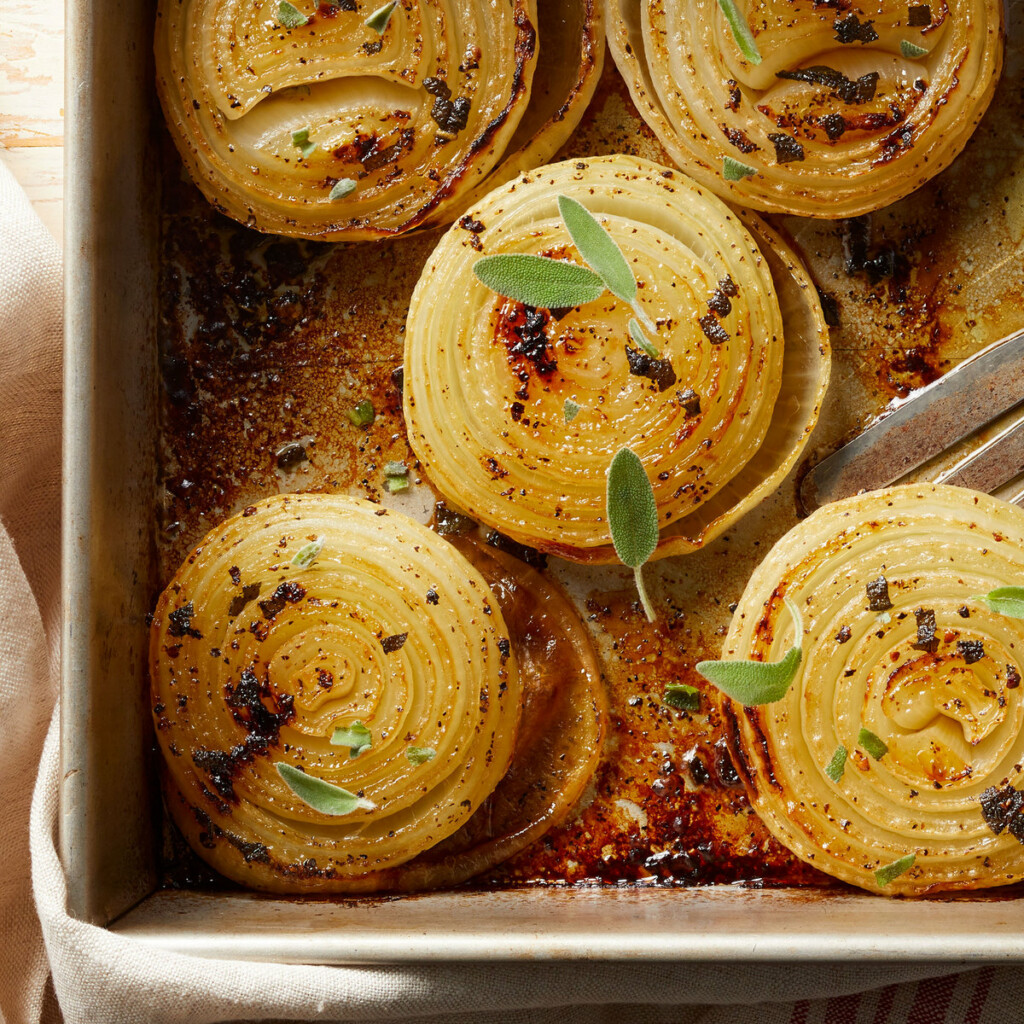Normally, your body creates clots to stop you from bleeding excessively. However, if you have a clotting disorder or are at risk for a stroke, it might be a good idea to get on blood thinners. These medications that you can take have a few side effects, but there are other ways you can naturally thin your blood too. Exercise care if you’re considering adding these foods to your diet, and you should always speak to a doctor first to see if any dietary changes would be right for you. With that said, here are 50 of the best natural blood thinning foods you can start adding to your diet.

50. Melting Onions
Many people turn away from onions because of their potent bite and what they can do to your breath, but onions are actually pretty good for you in every capacity. They can help you fight inflammation, reduce cholesterol levels, boost red blood cell production, reduce high blood pressure, and protect the body against blood clots. This recipe for melted onions can provide you with all of those benefits in a rich and tasty addition to any meal. The key to taking away some of that bite is to roast them in the oven with butter and vegetables. Then, braise it in broth for a few minutes. They’ll instantly melt in your mouth, and you’ll wonder why you never tried this recipe sooner.
